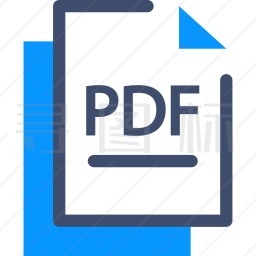Autonomous Building of Structures in Unstructured Environments via AI Planning
| Task Planning 3D PDDL Robotics |
PaperID: 118
pdf
poster
|
| In this paper, we offer a novel AI planning representation, based on a Cartesian coordinate system, for enabling the autonomous operations of Multi-Robot Systems in 3D environments. Each robot in the system has to conform to unique actuation and connection constraints that create a complex set of valid configurations. Our approach allows Multi-Robot Systems to self-assemble themselves into larger structures via AI planning, with the overarching goal of providing structural capabilities in harsh and uncertain environments. In comparing four different PDDL (Planning Domain Definition Language) domain representations, we show that our novel formulation satisfies the practical requirements emerging from robot deployment in the real world, resulting in an AI planning system that is accurate and efficient. We scale up performance by implementing direct FDR (Finite Domain Representation) generation based on the best performing PDDL model, bypassing the PDDL-to-FDR translation used by the majority of modern planners. The proposed approach is general and can be applied to a broad range of AI problems involving reasoning in 3D spaces. | |
Session 21: Representation | Generalized Planning
Autonomous Building of Structures in Unstructured Environments via AI Planning
Authors: Jamie Roberts, Santiago Franco, Adam Stokes and Sara Bernardini
Keywords:
Task Planning3DPDDLRobotics
Knowledge Compilation for Nondeterministic Action Languages
Authors: Sergej Scheck, Alexandre Niveau and Bruno Zanuttini
Keywords:
knowledge compilationaction languagessuccinctnesspropositional planningplanning domain definition languageSTRIPS
Generalized Planning as Heuristic Search
Authors: Javier Segovia-Aguas, Sergio Jimenez Celorrio and Anders Jonsson
Keywords:
Learning and deriving generalized plansHeuristics for plan generalizationGeneralized planningPlanning and learning
What do you really want to do? Towards a Theory of Intentions for Human-Robot Collaboration
Authors: Mohan Sridharan, Rocio Gomez and Heather Riley
